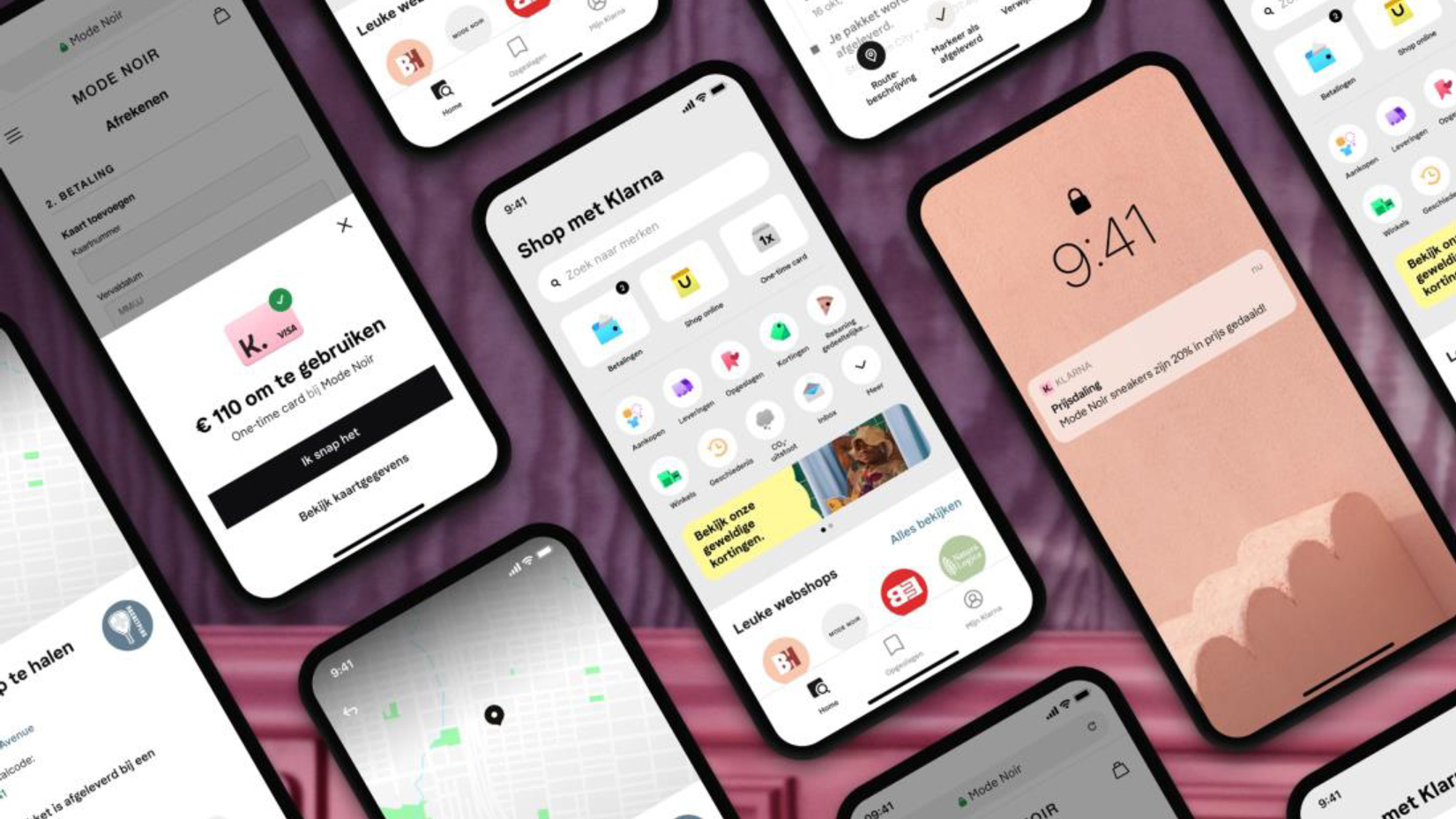Buy now, pay later (BNPL) products like Afterpay and Klarna promise to disrupt and democratise traditional finance by providing a fairer and more empowering financial product. Yet critics argue these products encourage overconsumption that people can ill-afford, with late fees that can quickly add up.
But what if we viewed these products not as emerging and disrupting, or as predatory and targeted, but instead saw them as part of a resilient credit industry – one that has learnt, adapted and evolved with changes in norms, regulations and technology?
Understanding these products as part of an ongoing, resilient credit industry helps us move beyond criticism and hype, so we can design a financial future for everyone. Keywords: fintech, design, debt, consumption

Klarna BNPL app. Credit: Klarna
Rachel Aalders is a PhD candidate in sociology at the Australian National University, where she researches the political and ethical design of fintech. Before her PhD, Rachel managed a range of national data collections at the Australian Institute of Health and Welfare. She has undergraduate degrees in anthropology and psychology, a masters in health and international development, and a masters in applied cybernetics. rachel.aalders@anu.edu.au
